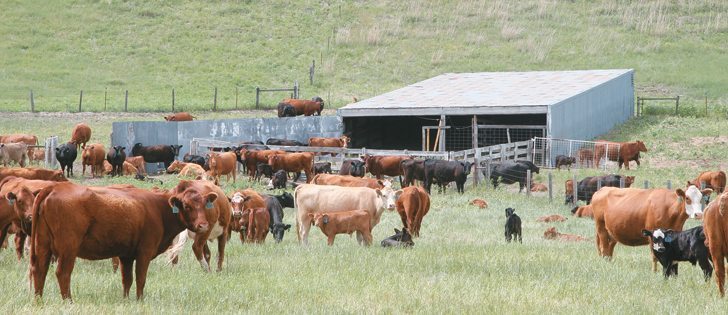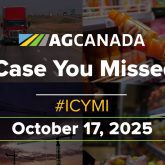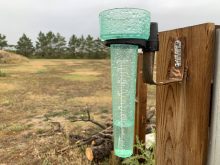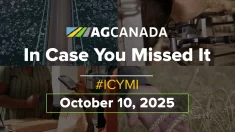Saskatchewan cattle producers say the province should make premises identification mandatory.
Other provinces require producers to register their premises and obtain a PID number, but Saskatchewan has maintained a voluntary system and relied on producers to take the initiative.
It has established a program based on the one in Alberta but hasn’t declared that producers must participate.
Some producers who registered earlier with the Canadian Cattle Identification Agency in the absence of a provincial system are now finding it difficult to make the switch.
Read Also
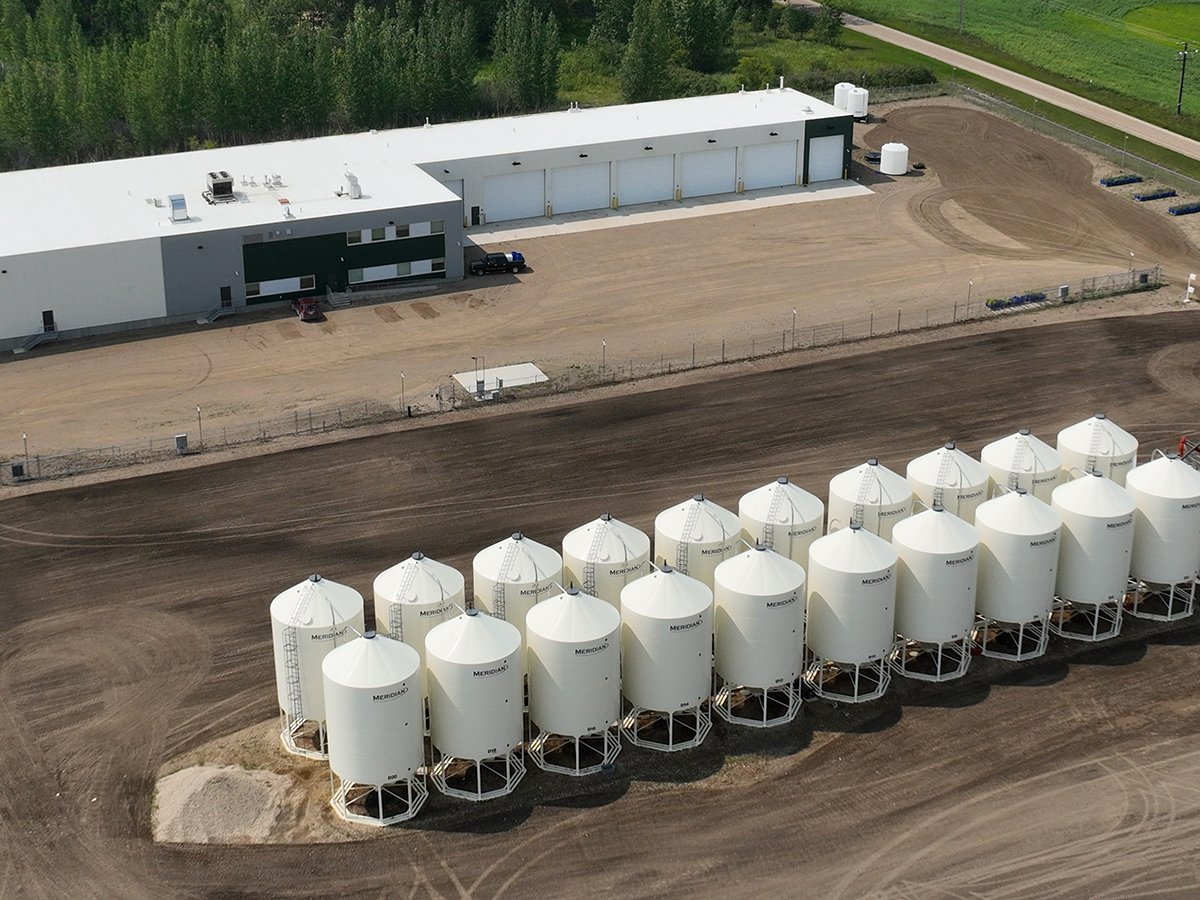
Saskatchewan firm aims to fix soil with compost pellets
In his business, Humaterra, Leon Pratchler is helping farmers maximize yields in the weakest areas of their fields through the use of a compost pellet.
The Saskatchewan Cattlemen’s Association board has long wanted mandatory PID.
At its recent annual general meeting, the organization’s members passed a resolution encouraging the province to finally take that step.
Director Rick Toney, who represents the SCA on the national Cattle Implementation Plan committee, said producers shouldn’t let another organization decide what’s best for them.
He reminded them that the Canadian Food Inspection Agency originally wanted to trace PID numbers each time cattle were moved.
“The industry went to (agriculture minister Gerry) Ritz and said we can do this with a manifest,” Toney said.
He said it’s the easiest and most effective way to track cattle if a disease is found. The disease can be quickly isolated using the PID, and the individual animal tags can be read afterward.
The CFIA conducted a study last year that proposed installing tag-reading stations at sites such as auction markets and buying stations. The industry doesn’t support that option, and it wasn’t included in the implementation plan.
Toney said the industry wasn’t consulted for the CFIA study.
“It’s very important that we get this done or we might get something else that we’re not very happy with,” he said while speaking in favour of the resolution.
Pat Hayes, one of the province’s representatives to the Canadian Cattlemen’s Association and CCIA who also sits on the CIP committee, said there have been hiccups as the provincial government gets its system underway.
He wanted to transfer his CCIA premises ID number and found out he couldn’t. He said he has been waiting months to get the number, but no one he has talked to at the provincial level seems to know how to go about it.
“Making it mandatory — I don’t know why they wouldn’t,” Hayes said.
“It’s up to them to put the system in place and they’re the ones holding it up.”
He said he went to his regional office last April and again in July, and staff still didn’t know what to do.
“I’ve been told that people who did have a premises number from CCIA were supposed to receive something in the mail,” he said.
Hayes said he didn’t receive anything.
According to Saskatchewan Agriculture information, producers should be able to apply online or obtain paper application forms at their regional offices and will receive their PID numbers in the mail.
PID applies to all livestock and poultry operations, and the province recommends producers choose their main headquarters as the premises.
Premises are properties where livestock are grown, kept, assembled or disposed of and also includes farms, hobby farms, veterinary clinics with facilities for farmed animals, stables, animal markets, feedlots and dealers, according to the ministry.
Contact karen.briere@producer.com


